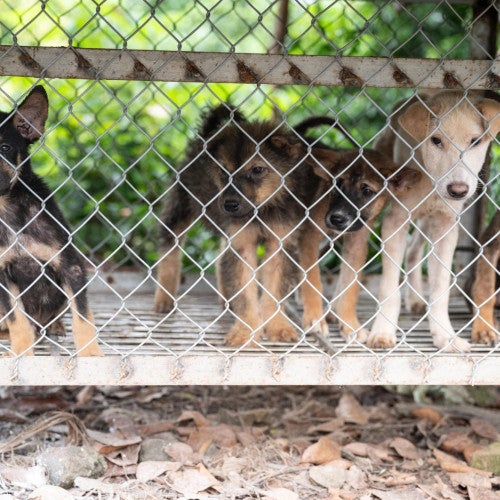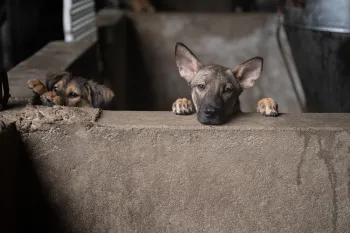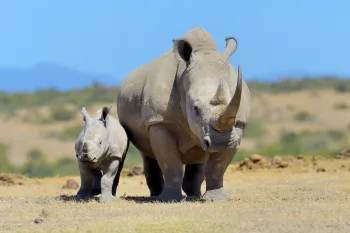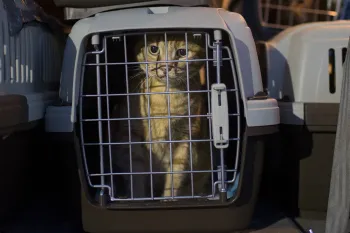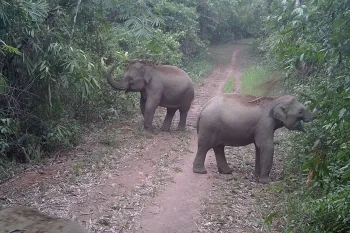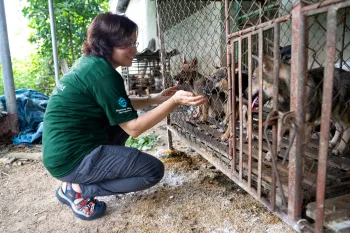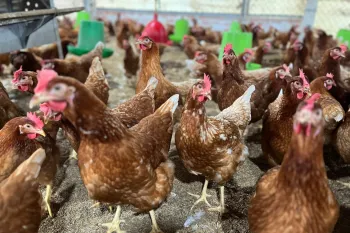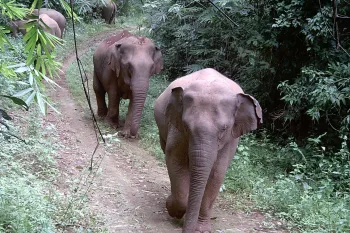Our Impact
Thanks to dedicated advocates, Viet Nam passed two major animal welfare laws in the past decade. But some species are still at risk. Top animal welfare issues in Viet Nam include improving the well-being of farmed animals, ending the dog and cat meat trade and protecting wildlife.
are at risk of extinction
are confined to cages
remain in the country
Latest News
DONG NAI, Viet Nam ― With fewer than 200 critically endangered wild elephants remaining in fragmented forest habitats in Viet Nam, urgent action is underway to prevent extinction and reduce human
BRUSSELS—Habitat loss, competition for natural resources, human-wildlife conflict, the climate crisis, poaching, and trophy hunting all threaten the survival of elephants worldwide. All three existing
DONG NAI, Viet Nam—A dog meat restaurant and slaughterhouse in the Trang Bom district of Viet Nam’s Dong Nai province has closed after 20 years as part of the Models for Change program by animal
Your gift can do so much for animals in need.
Start saving lives by making a one-time gift today. Or help animals all year long with a monthly contribution.
Meredith Lee/
